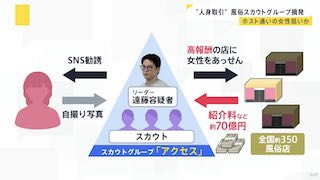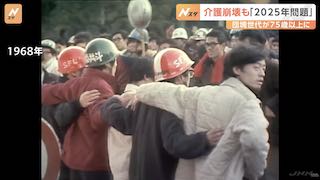Aug 07 (Japan Times) - Enduring a deadly heat wave this summer, Japan is considering adopting daylight saving time from next year, so that the 2020 Tokyo Olympic Games can stage events during cooler hours, the Sankei Shimbun newspaper reported Monday.
The report prompted an outpouring of opposition on social media from people worried that it would result in longer hours at work, and the main government spokesman said a decision had still to be taken.
“It is not true that the government has decided to aim for adopting daylight savings time,†Chief Cabinet Secretary Yoshihide Suga told a news conference, citing a “major†impact on peoples’ lives.
“We plan broad measures such as earlier start times, more greenery and heat-inhibiting pavements.â€
At least 120 people have died during the scorching heat this summer, raising concerns about athletes’ safety during the 2020 Games, which will be held in late July and early August, Japan’s hottest, most humid months.
Tokyo 2020 Olympics President Yoshiro Mori had previously requested Prime Minister Shinzo Abe adopt daylight saving time as it would allow events scheduled for the morning, such as the marathon, to be held during cooler hours.
Citing several sources, the Sankei Shimbun report said the government was considering bringing clocks forward by two hours between June and August next year on a trial basis, to iron out any problems with the change, ahead of a similar implementation during the Olympics.
Pressing the case for a switch to daylight savings, Masa Takaya, Tokyo 2020 spokesman, said in a statement that the step would “also help protect the environment and realize a low-carbon society in Japan.â€
Japan is among a handful of major economies that does not use daylight saving time during the summer, including South Korea, which set clocks back an hour in 1987 and 1988, when it hosted the Summer Olympics in Seoul.
Japan had daylight saving from 1948 to 1952 under the U.S. Occupation — a bitter memory experts say colored discussions about the measure in the 1970s and early 2000s as an energy-saving step.
Popular fears were that peer pressure about leaving work during daylight would keep workers at it longer.















